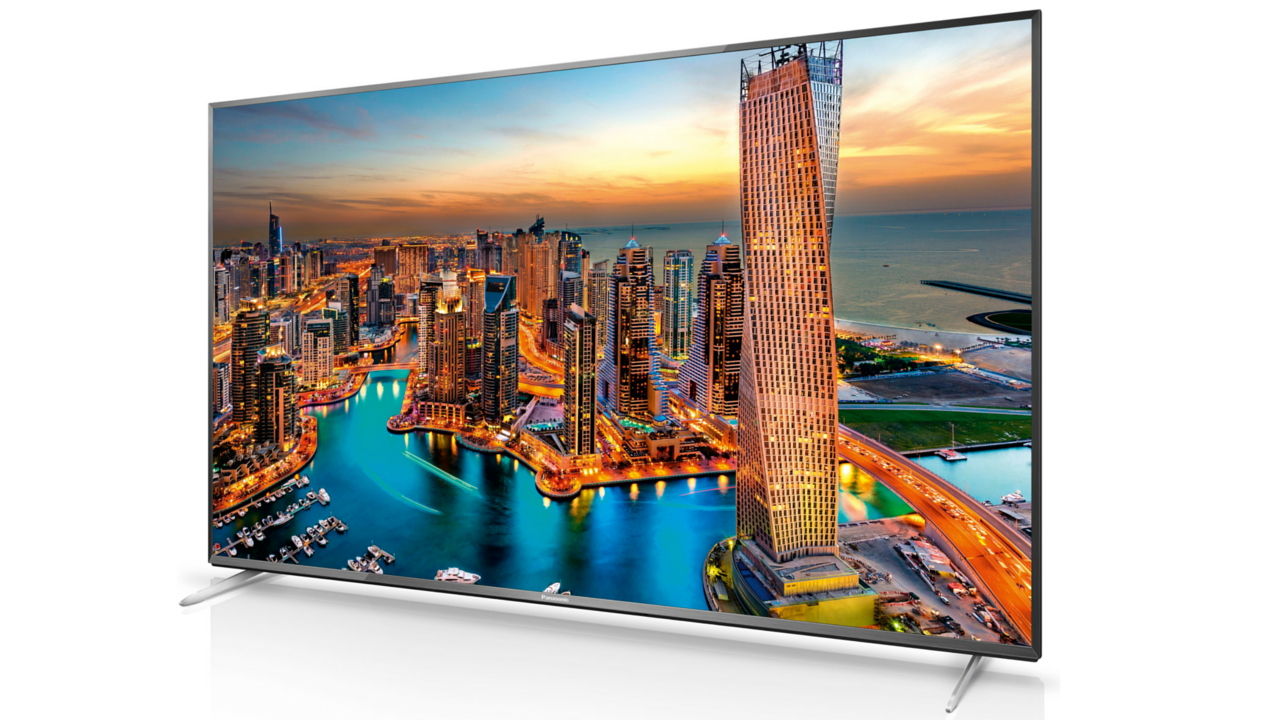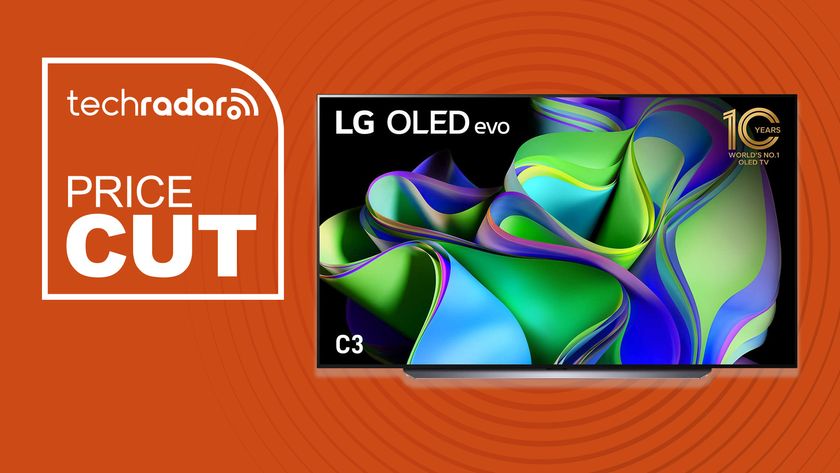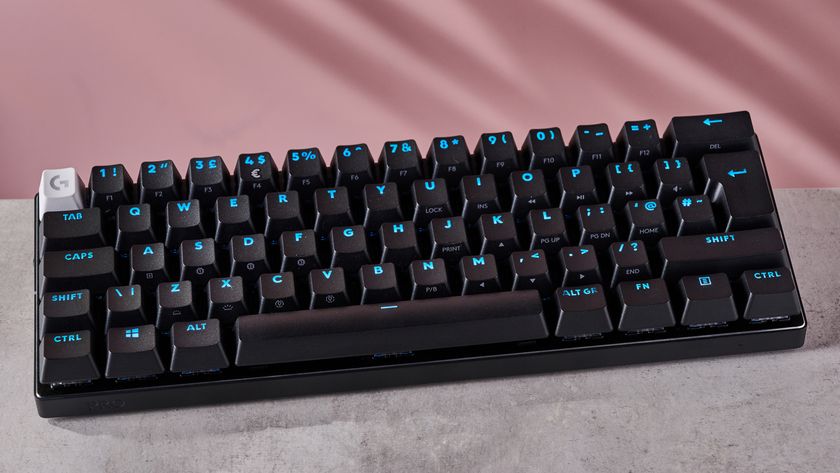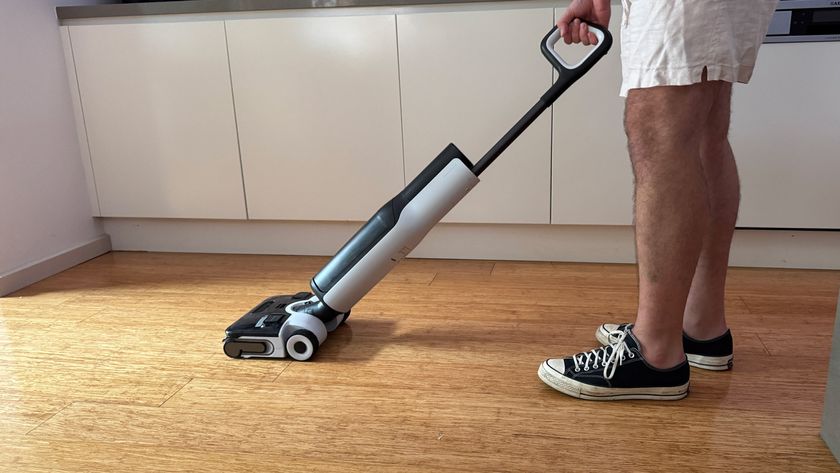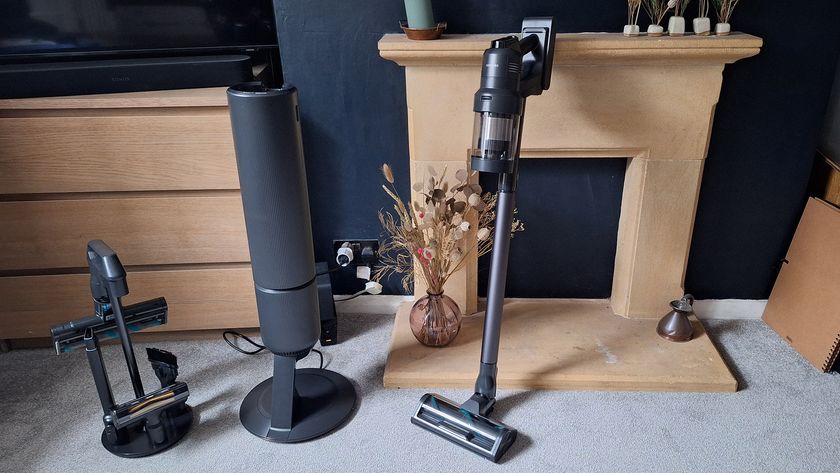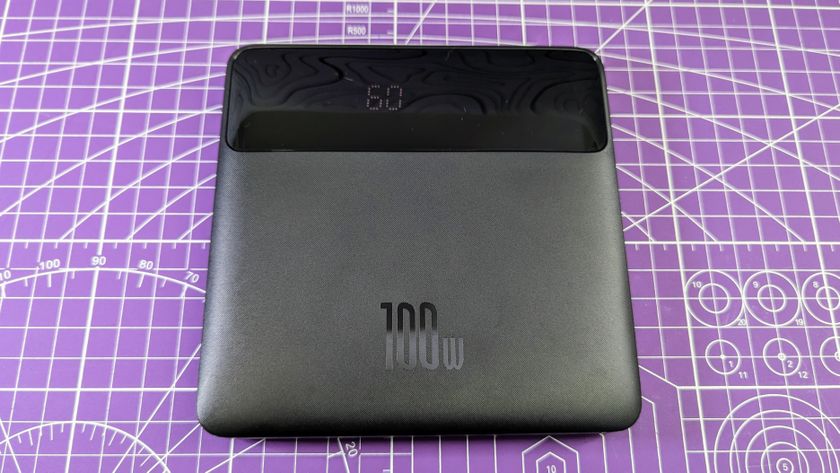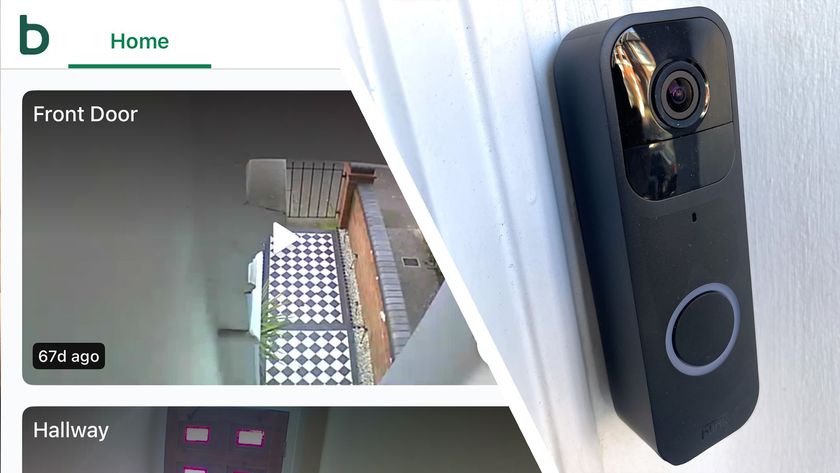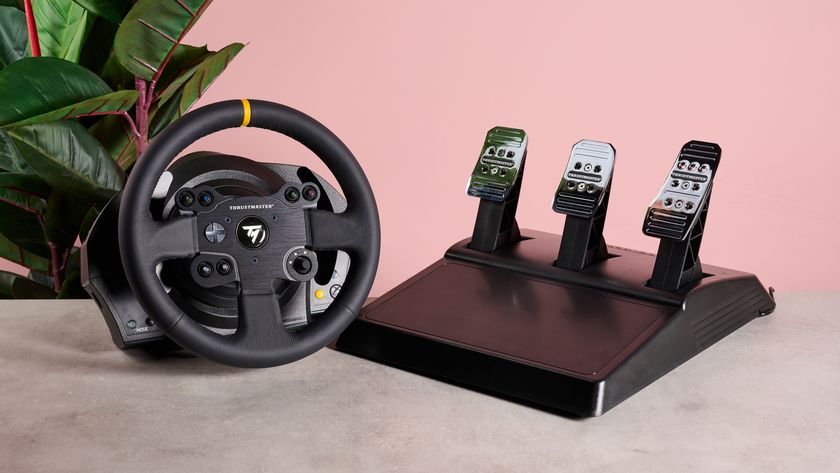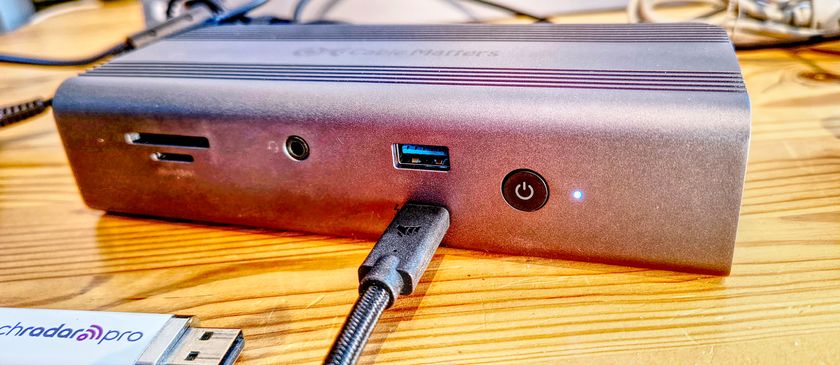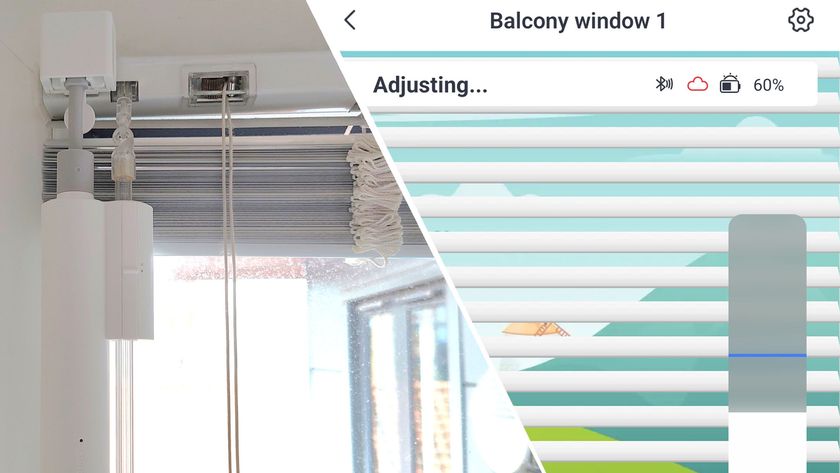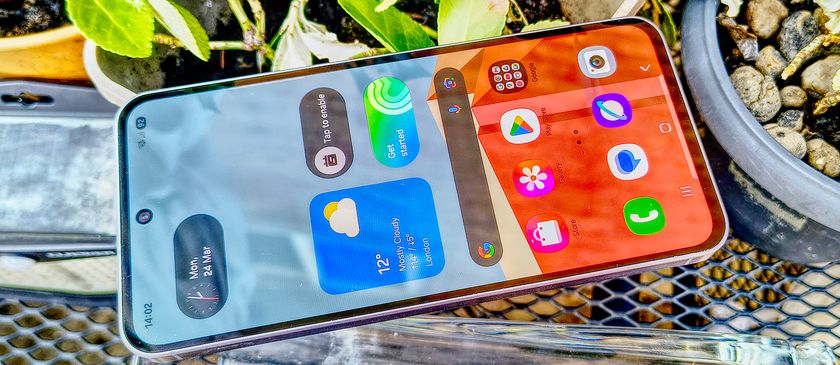Why you can trust TechRadar
The finest characteristics of the TX-50CX700's images are their pure, clean, spotless look.
Without a hint of processing artefacts even when there's some serious stuff going on – whether that be motion compensation, frame interpolation or vicious upscaling from standard definition – the TX-50CX700 aways dishes-out a compellingly clean image.
With Marco Polo from 4K Netflix playing, the TX-50CX700 provides exceptional contrast; a shot of Polo in a prison cell deep in the 'pleasure dome' reveals fine shadow detailing and mostly convincing black, while another sequence in the desert shows-up stunning brightness and peak whites in the vast sky.
It's an involving image that always has lots of depth.
When the going gets quick, the TX-50CX700's panel natively does reasonably well, with little distracting motion blur visible, though the 4K detail does take a noticeable hit.
The TV's Intelligent Frame Creation mode, if kept on its mid-strength setting, brings back a smooth, fluid picture and suppresses film judder well, though that 4K detail doesn't fully return. Some hate the realism such frame interpolation brings. Personally, I like it if it's cleanly done, and on the TX-50CX700, it's spotless.
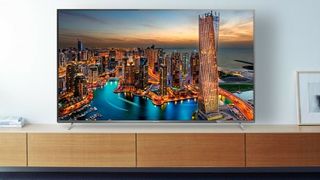
4K is all about realism, and in that regard the IFC helps, though arguably it's too instrumental.
While the Cinema setting on Panasonic TVs has long been a favourite, the use of the Super Bright Panel means that the slightly more accurate True Cinema preset is now the best. Bolstered by an extra dose of brightness, and with those black levels in the bag, colours are spot-on, luscious though natural.
I've said that many times about various incarnations of LED technology, but this time the TX-50CX700 seems uniquely accurate.
With no sign of any structure of the LEDs along the edge, and certainly no light leakage or blotching, Panasonic's decision to abandon IPS LED panels seems like good one. While those struggled in recent years with viewing angles, the TX-50CX700 can be watched from the wings without any colour or contrast draining.
You might suppose that the TX-50CX700 – and any 4K TV, but especially a large screen like the TX-50CX700 – would struggle with standard definition TV channels and DVDs. The TX-50CX700 doesn't offer a flawlessly upscaled image, for sure, but a broadcast of Question Time on BBC 2 is clean and colourful.
Soft, yes, but never noisy. And that's quite some achievement on a TV as big as this.
The TX-50CX700 also has a 3D mode, though my review sample (and, indeed, the boxed product itself) did not have any active shutter 3D glasses with it, so I couldn't test this. No mater – the TX-50CX700 is already able to offer one of the finest mid-range LED TV images so far.
Current page: Picture quality
Prev Page Introduction and features Next Page Usability, sound quality & valueJamie is a freelance tech, travel and space journalist based in the UK. He’s been writing regularly for Techradar since it was launched in 2008 and also writes regularly for Forbes, The Telegraph, the South China Morning Post, Sky & Telescope and the Sky At Night magazine as well as other Future titles T3, Digital Camera World, All About Space and Space.com. He also edits two of his own websites, TravGear.com and WhenIsTheNextEclipse.com that reflect his obsession with travel gear and solar eclipse travel. He is the author of A Stargazing Program For Beginners (Springer, 2015),
